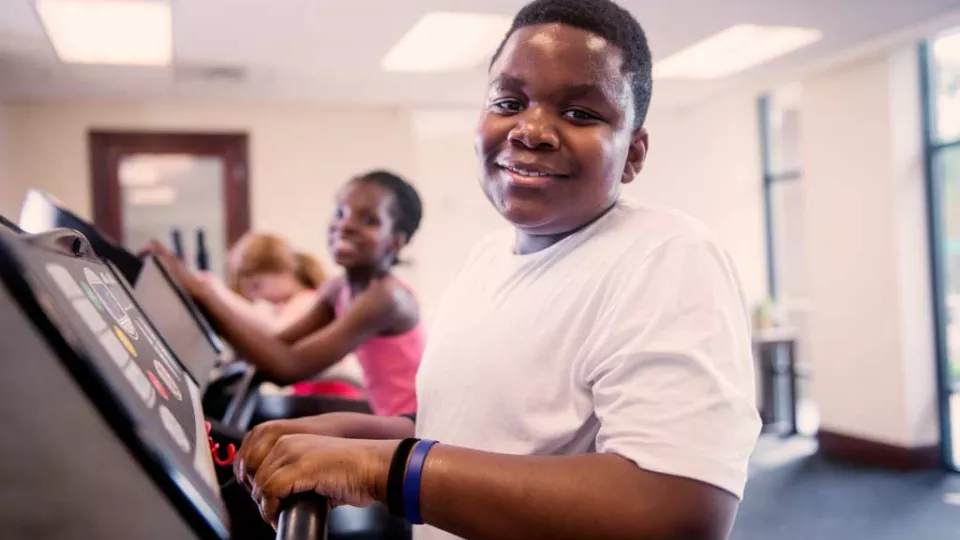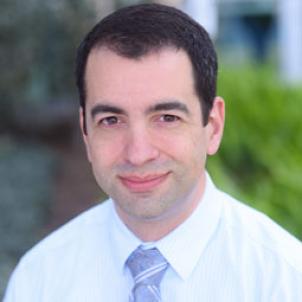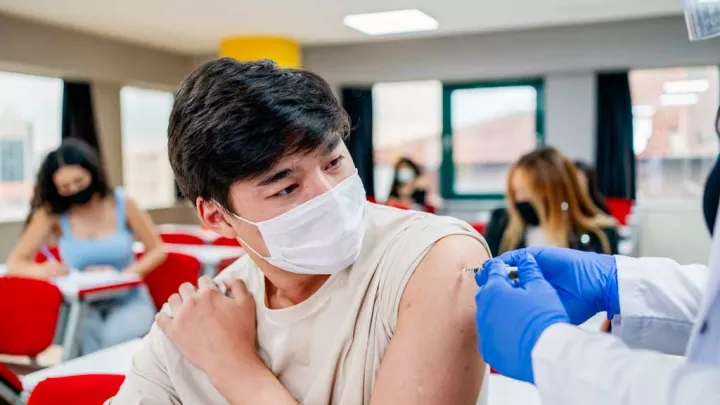
Return to Exercise for Children After COVID-19 Infection: What Physicians Should Know
As of Dec. 9, 2020 at least 1.5 million children in the U.S. have tested positive for COVID-19. An overwhelming majority of these patients will recover without issue. There are a small number whose course may be complicated by cardiac involvement, including multisystem inflammatory syndrome in children (MIS-C). They generally fit into either a “Kawasaki-like” or “hyperinflammatory shock” phenotype. Due to early recognition of the existence of this disease process and incredible teamwork at Children’s Hospital Los Angeles and within the community, we were able to quickly identify and treat many of these children.
Upon returning to school, many children will want to resume their participation in sports and will require sports clearance. Pediatric cardiologists are available to support you in your assessment of their exercise safety. Currently, patients who have known cardiac involvement are actively being followed by a cardiologist at our hospital, and require extensive evaluation including EKG, echocardiogram, cardiac MRI, ambulatory rhythm monitoring and exercise testing (if age appropriate). These patients are being followed per our myocarditis algorithm and are being restricted from exercise for at least 3 to 6 months.
Are there any other pediatric patients with subclinical cardiac involvement? We have not identified patients like this yet. Therefore, based on the current evidence I would recommend a conservative approach to pre-participation cardiac screening as initially outlined by Peter N. Dean, MD, pediatric cardiologist at UVA Health, and Stephen Paridon, MD, pediatric cardiologist at Children’s Hospital of Philadelphia in the American College of Cardiology article, Returning To Play After Coronavirus Infection: Pediatric Cardiologists' Perspective.
- Those who tested positive for COVID-19 but were asymptomatic or had mild symptoms do not need additional cardiac testing.
- For patients 13 years of age or older who had moderate symptoms (prolonged fevers of more than 4 days and bedrest, no hospitalization) and have been asymptomatic for greater than 14 days, it would be reasonable to consider a screening EKG prior to returning to participation. If there are concerns for myocarditis based on the EKG, formal cardiology consultation should be pursued.
- Patients 12 years of age and younger who had moderate symptoms (prolonged fevers and bedrest, no hospitalization) and have been asymptomatic for greater than 14 days do not require cardiac testing.
- Young children routinely achieve high heart rates during routine daily activities. Therefore, the patient’s clinical history should guide evaluation. For example, please consider the relative degree of exercise stress in a 9 year old in AYSO soccer as compared to an 18-year-old varsity football player.
You will notice that the definitions of “moderate” infection differ slightly from the AAP’s recent statement. This is designed to facilitate your outpatient decision-making process. Those who were admitted into pediatric care are presumed to have had a careful evaluation during their hospitalization with cardiac follow-up if indicated.
If you have specific concerns about an EKG for your patient and/or need access to obtain an EKG, please contact our clinic staff to facilitate. Appointments are available at our Sunset campus and the Arcadia and South Bay Specialty Care Centers.
CHLA’s Exercise Stress Lab
To help evaluate any patient with exercise-related symptoms, we have opened a new, larger cardiopulmonary exercise lab. We have the capacity to evaluate the range of exercise symptoms including chest pain, palpitations, dyspnea on exertion and syncope. Patients are exercised under the direction of a cardiologist with EKG monitoring, blood pressure surveillance and continuous pulse oximetry. We can assess complete metabolic data or spirometry before and after exercise. These tests have become routine in the follow up of congenital heart disease, cardiomyopathy and heart rhythm disturbances.
If you have questions about using this service line for your patients, please contact Andrew Souza, DO, at asouza@chla.usc.edu.
About the Author

Andrew Souza, DO
Co-Director, Cardiovascular Acute Care Unit; Attending Physician, Division of Cardiology, Heart Institute, Children’s Hospital Los Angeles
Assistant Professor of Clinical Pediatrics, Keck School of Medicine of USC


